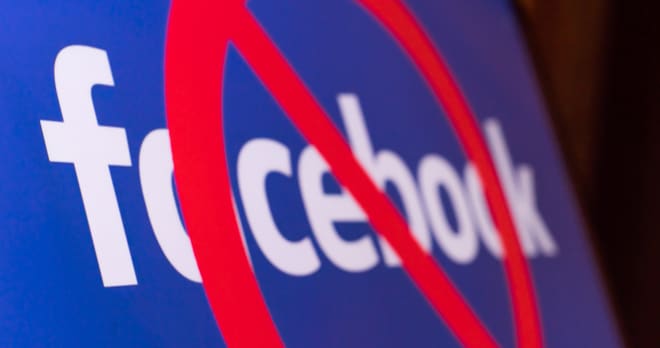Who decides what is equivalent to an illegal post?

The EU’s authority also requires platforms to remove “equivalent” versions of an illegal post if those posts share an “essentially unchanged” message. However, the scope of “equivalent” and “unchanged” are not yet clearly defined and if international opinion on the definition diverges, further disputes could arise.
This ruling was made following a claim brought in the Austrian courts in relation to an ‘insulting’ comment about an Austrian politician that had been put on Facebook comment. The court said that the post had caused Eva Glawischnig –Piesczek, a member of Austria’s Green Party, to suffer reputational damage to the extent that was deemed defamatory.
Under EU law, it was clear that once the social media platforms had been made aware of illegal comment, they had to remove it. However, what wasn’t clear was whether platforms had to actively monitor or seek out illegal activity, so Austria’s Supreme Court sought clarification on this point from the European Court of Justice.
The ECJ has now confirmed that it can order:
- websites and apps to remove “identical copies” of any post that is found illegal by the court of an EU country;
- the removal of “equivalent” versions of an illegal post, if the message conveyed is “essentially unchanged”; and
- the removal of illegal posts worldwide, where there is a relevant international law or treaty in place.
Facebook is not able to appeal against the ECJ’s ruling but has commented that using international law to extend the scope of one court’s authority across jurisdictions undermines the principle that individual countries do not have the right to impose their laws relating to freedom of speech in another.
Securing an internationally accepted definition of “equivalence” for these situations may help to ensure swift enforcement. However, the ruling does appear to run parallel to ongoing international disputes over censorship and the role of social media and in circumstances where there is no harmonised law on defamation, it is not clear how this will be done in practice.